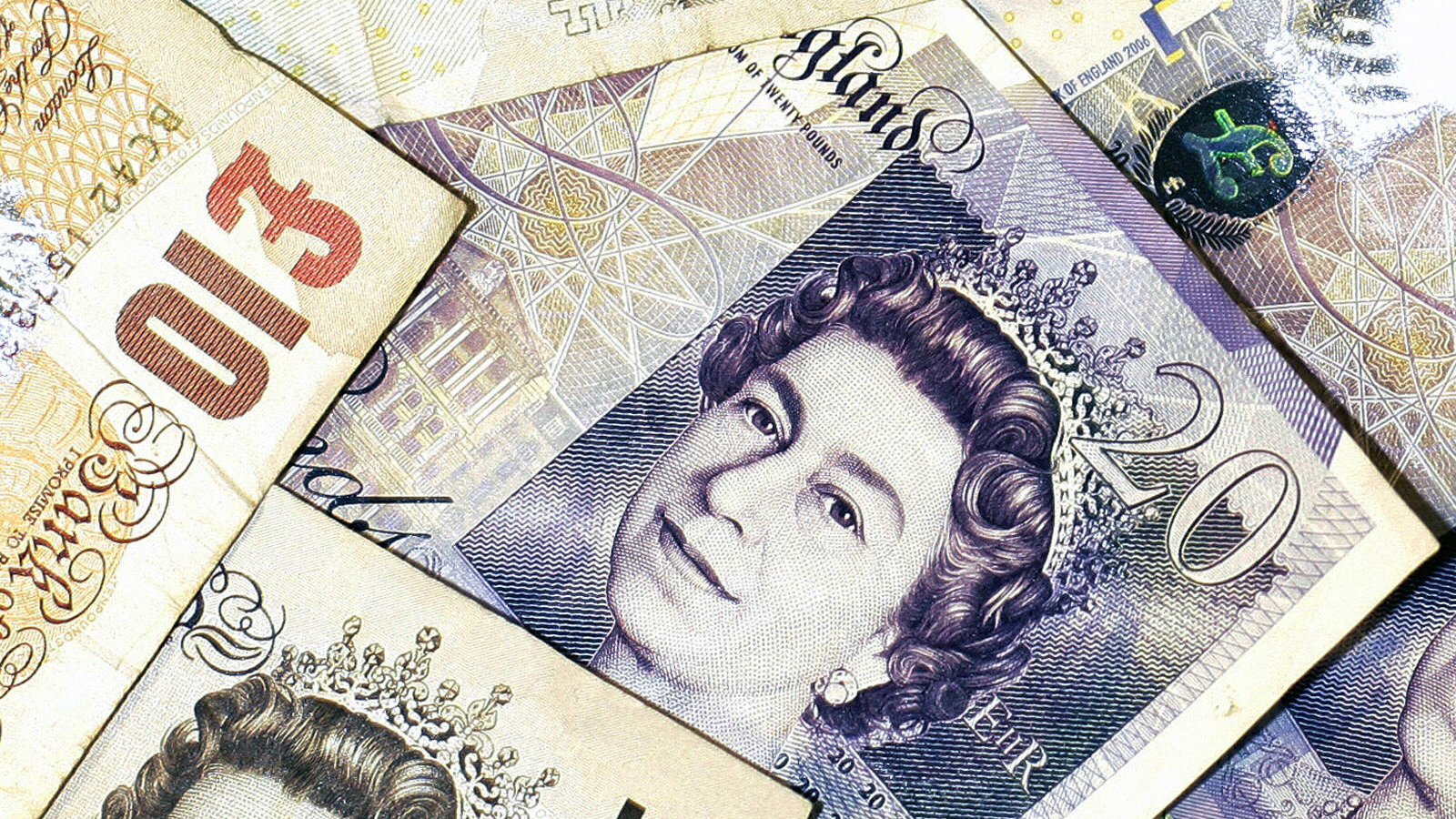Surprise economic growth - is recession off the cards?
Office for National Statistics announced 0.3% increase in activity

A free daily email with the biggest news stories of the day – and the best features from TheWeek.com
You are now subscribed
Your newsletter sign-up was successful
Unexpected economic growth means fears of a UK recession have eased.
Data from the Office for National Statistics show that in July there was a 0.3% increase in activity. All sectors of the economy registered growth in the month, which is the first of the third quarter.
The all-important services sector – which accounts for about 80% of the economy – grew by 0.3%, while the construction and manufacturing sectors enjoyed rises in output of 0.5% and 0.3% respectively.
The Week
Escape your echo chamber. Get the facts behind the news, plus analysis from multiple perspectives.

Sign up for The Week's Free Newsletters
From our morning news briefing to a weekly Good News Newsletter, get the best of The Week delivered directly to your inbox.
From our morning news briefing to a weekly Good News Newsletter, get the best of The Week delivered directly to your inbox.
This was an improvement on the 0.2% contraction seen in the April-to-June quarter, which had “stoked” fears of a recession, says The Guardian.
An economy is widely regarded to be in recession if it contracts for two quarters in a row, and a contraction is now unlikely in the current quarter
However, this does not mean a recession is no longer on the cards. The ONS warned that the service sector remained under pressure.
“While the largest part of the economy, the services sector, returned to growth in the month of July, the underlying picture shows services growth weakening through 2019,” said the ONS.
A free daily email with the biggest news stories of the day – and the best features from TheWeek.com
The British Chambers of Commerce sounded a similar note. A spokesperson said “The manufacturing sector remains an area of concern, with tightening cash-flow, concerns over disrupted supply chains and weakening demand in key markets weighing on activity in the sector.”
The BBC’s economics editor, Faisal Islam, shares the feeling of caution. He writes that the news “does not make the economic reality rosy” and says that even with the 0.3% growth, the UK is set for “the weakest first three quarters of a year since the financial crisis”.
In the immediate term, the GDP figures helped the pound make up ground against the dollar, reaching $1.23 in the wake of the news.